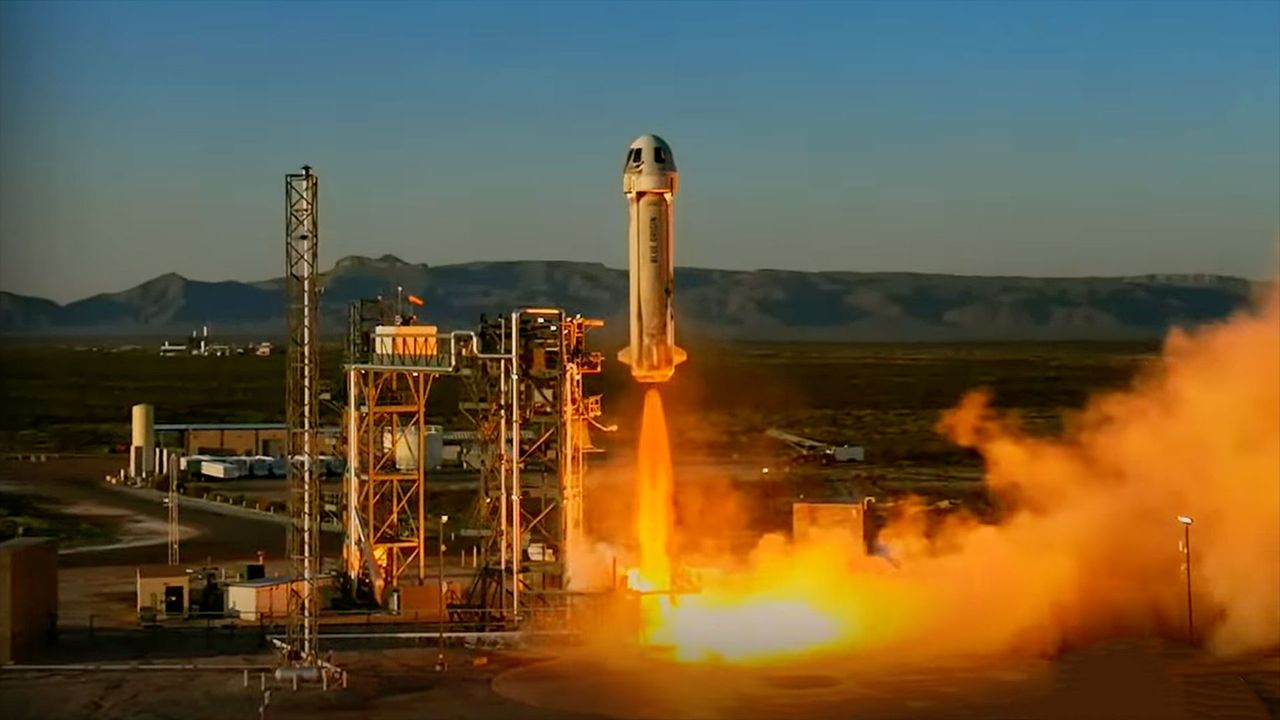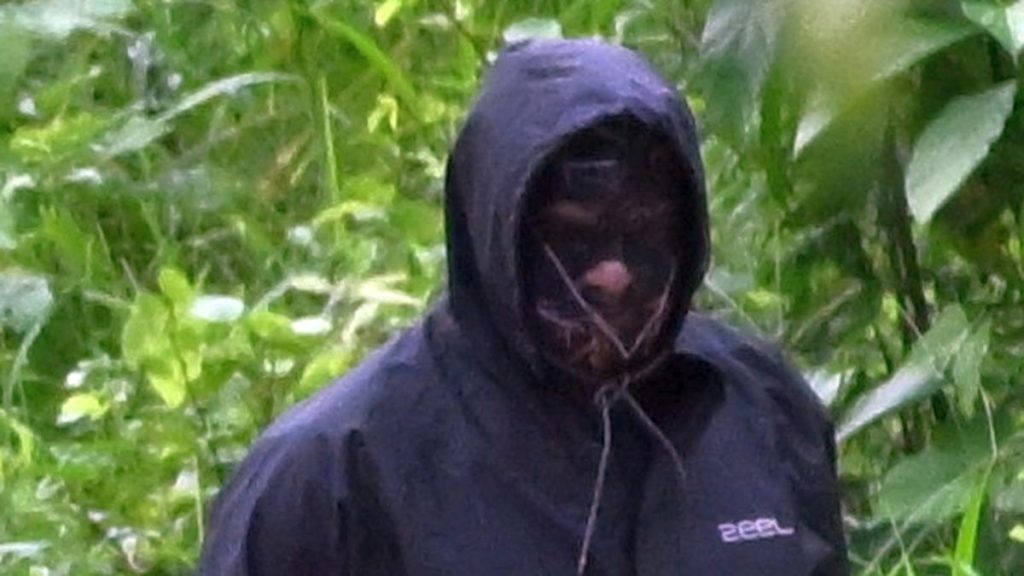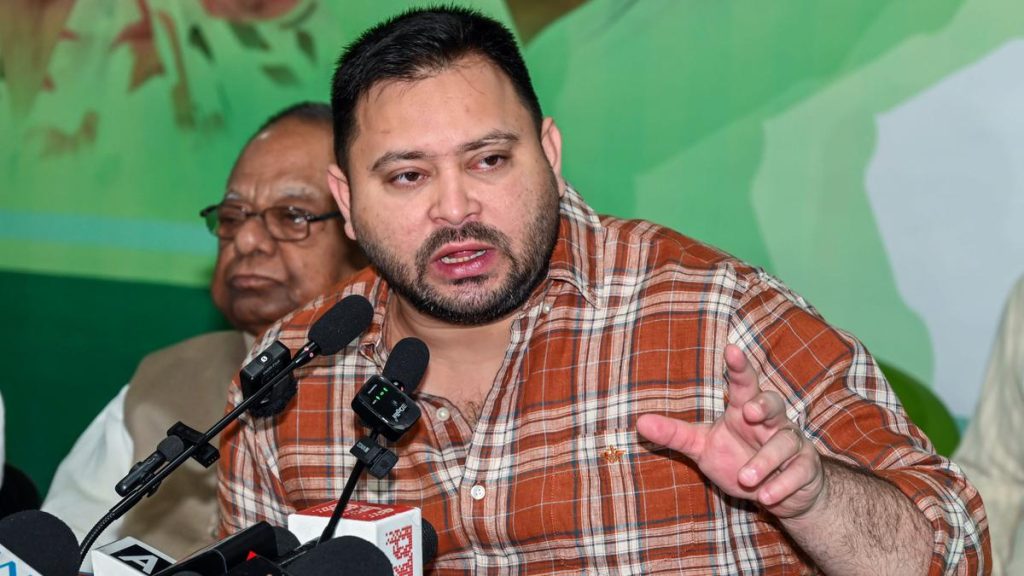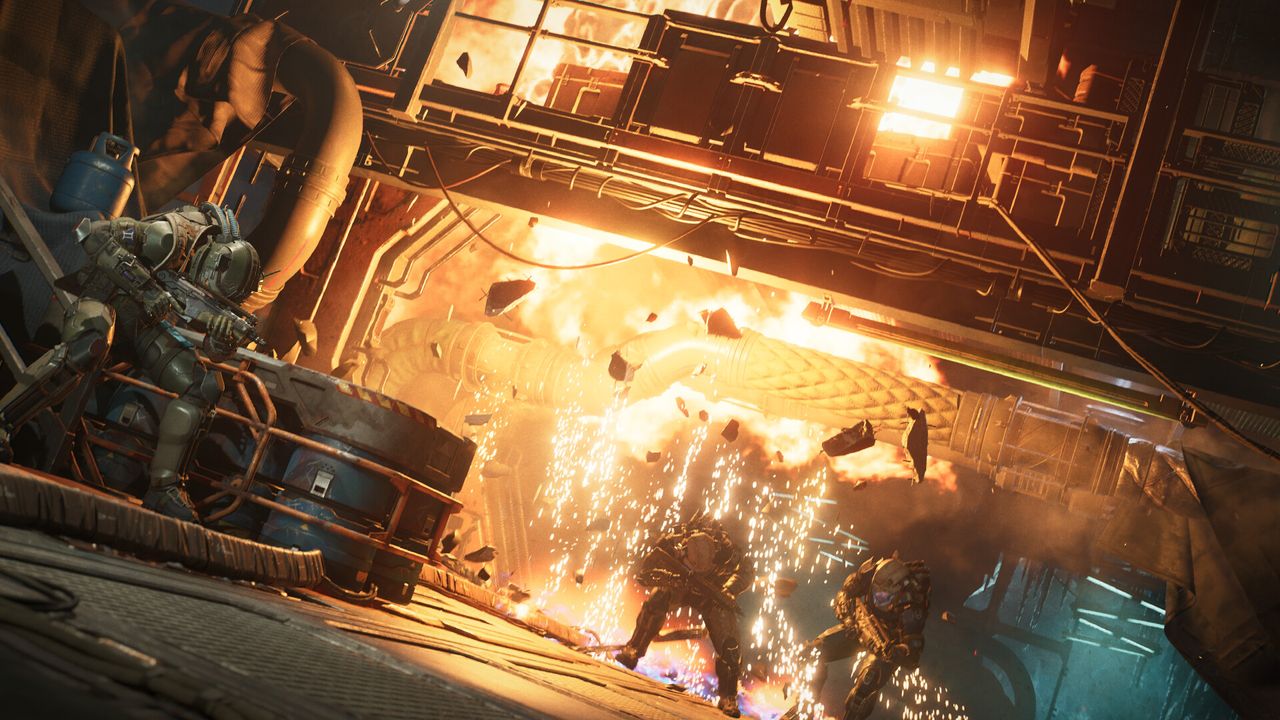Now Reading: Blue Origin’s New Shepard Marks 35th Flight with 200th Payload Launch on Aug 23
-
01
Blue Origin’s New Shepard Marks 35th Flight with 200th Payload Launch on Aug 23
Blue Origin’s New Shepard Marks 35th Flight with 200th Payload Launch on Aug 23

rapid Summary
- Blue Origin, founded by Jeff Bezos, is set to launch its 35th New Shepard mission (NS-35) on August 23, 2025.
- The uncrewed suborbital flight will carry experiments and research designed by students,educators,and university teams above the Kármán line.
- NS-35 features the “RSS H.G. Wells” capsule dedicated solely to payloads. Both the booster and capsule are intended for post-mission recovery.
- Payloads include NASA-sponsored experiments on microgravity plant cultivation, liquid physics research, radiation data collection during flight, spacecraft fuel cell testing for future lunar and Mars missions, and novel chemical coatings.
- Universities involved include Oklahoma State University; University of Florida; University of Central Florida; Johns Hopkins Applied Physics laboratory; Carthage College in Wisconsin; Space Lab Technologies.
- A modified fluorescence imaging system from a previous test aboard the ISS will debut in suborbital conditions on this mission.
- “Club For the Future,” Blue Origin’s non-profit organization, contributes postcards stamped as flown to space for students worldwide.
Image: Rocket Launch Credit: Blue Origin
Indian Opinion Analysis
this mission represents a milestone in commercial space exploration by expanding opportunities for student-driven projects and fostering international collaboration in scientific research. India’s universities may find inspiration here regarding partnerships with private companies like ISRO or foreign ventures such as Blue origin to enhance domestic aerospace education infrastructure.
Moreover, initiatives featuring low-cost experimental flights could amplify practical STEM exposure within India’s young population. While India already boasts significant progress through platforms like PSLV launches accommodating educational satellites (e.g., Kalamsat), such global advancements remind policymakers about long-term innovation investment critical towards exploring emergent industries globally linked beyond traditional geo-economic schemes.
Such knowledge also de-risks hard/ modular lacking
























